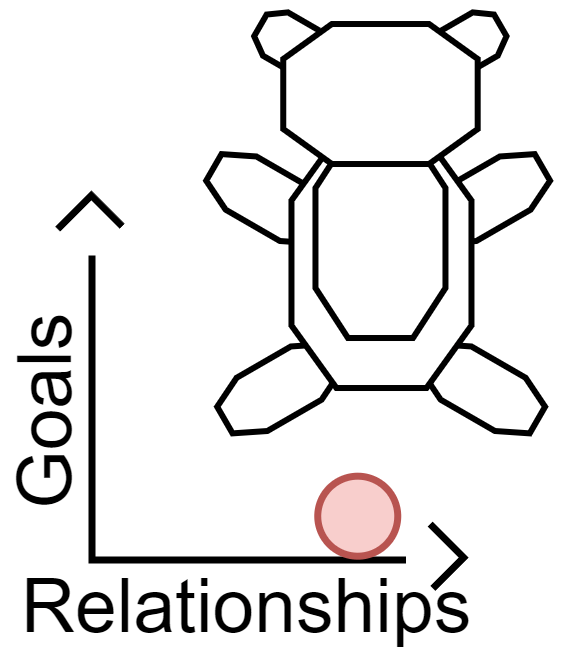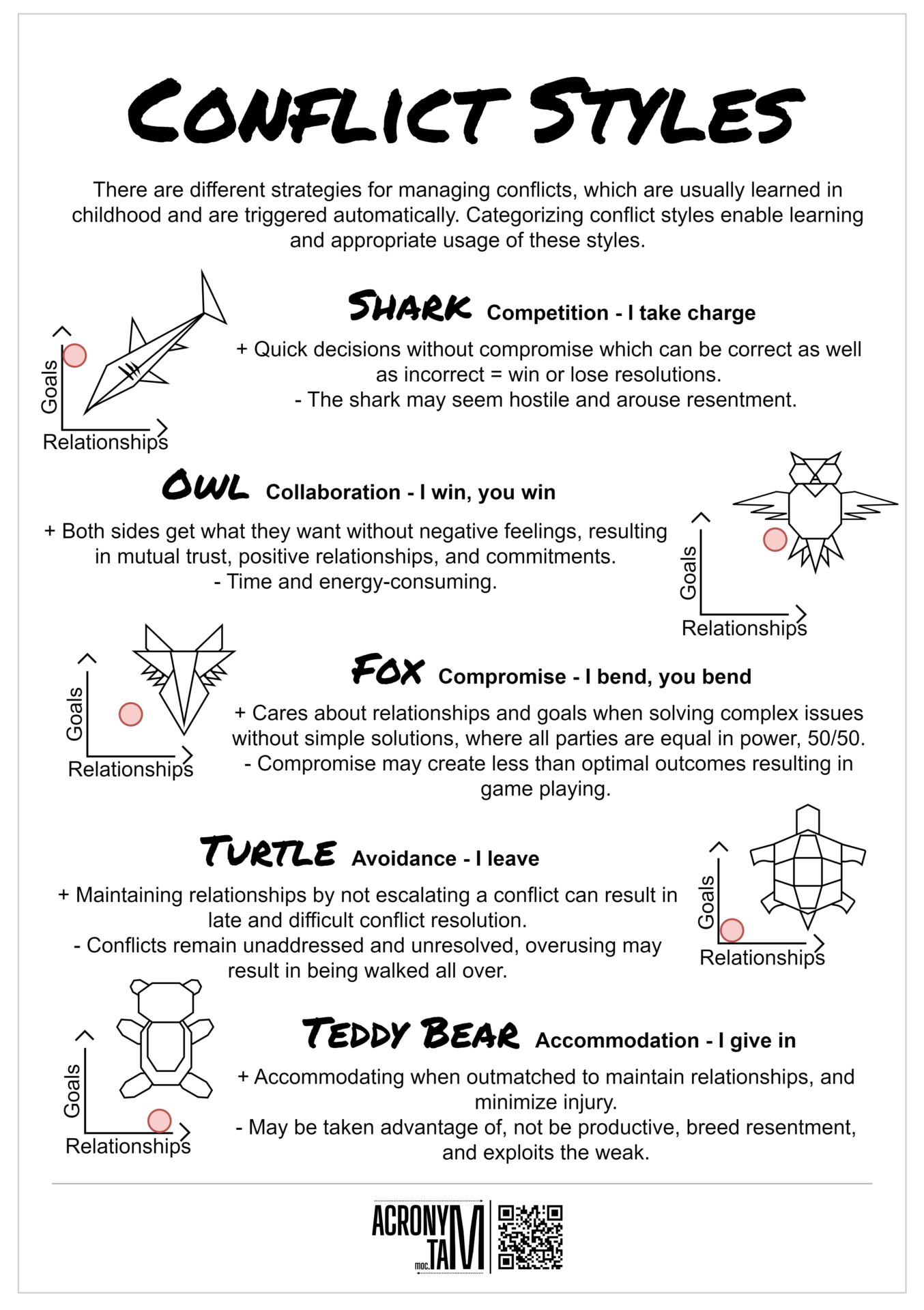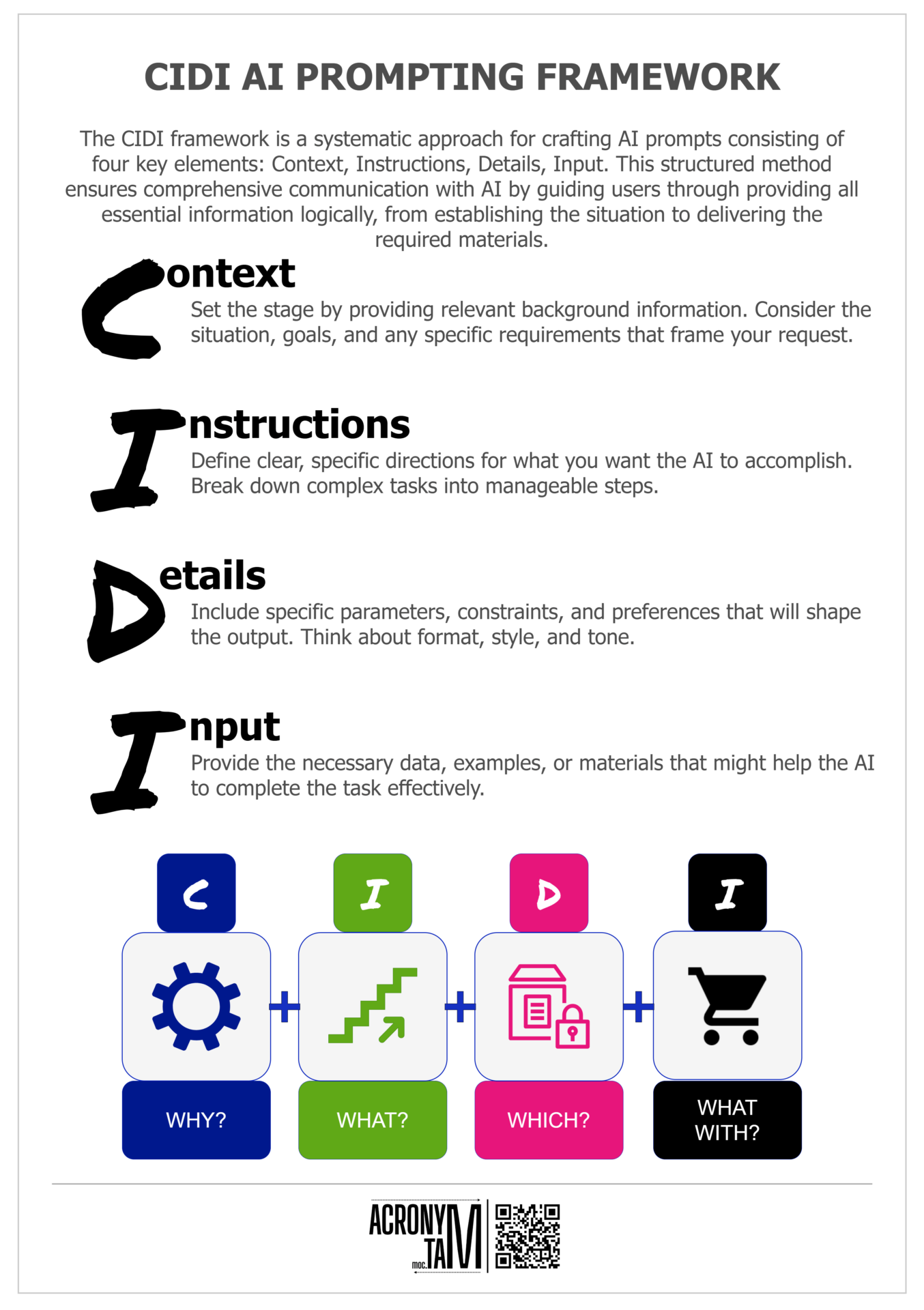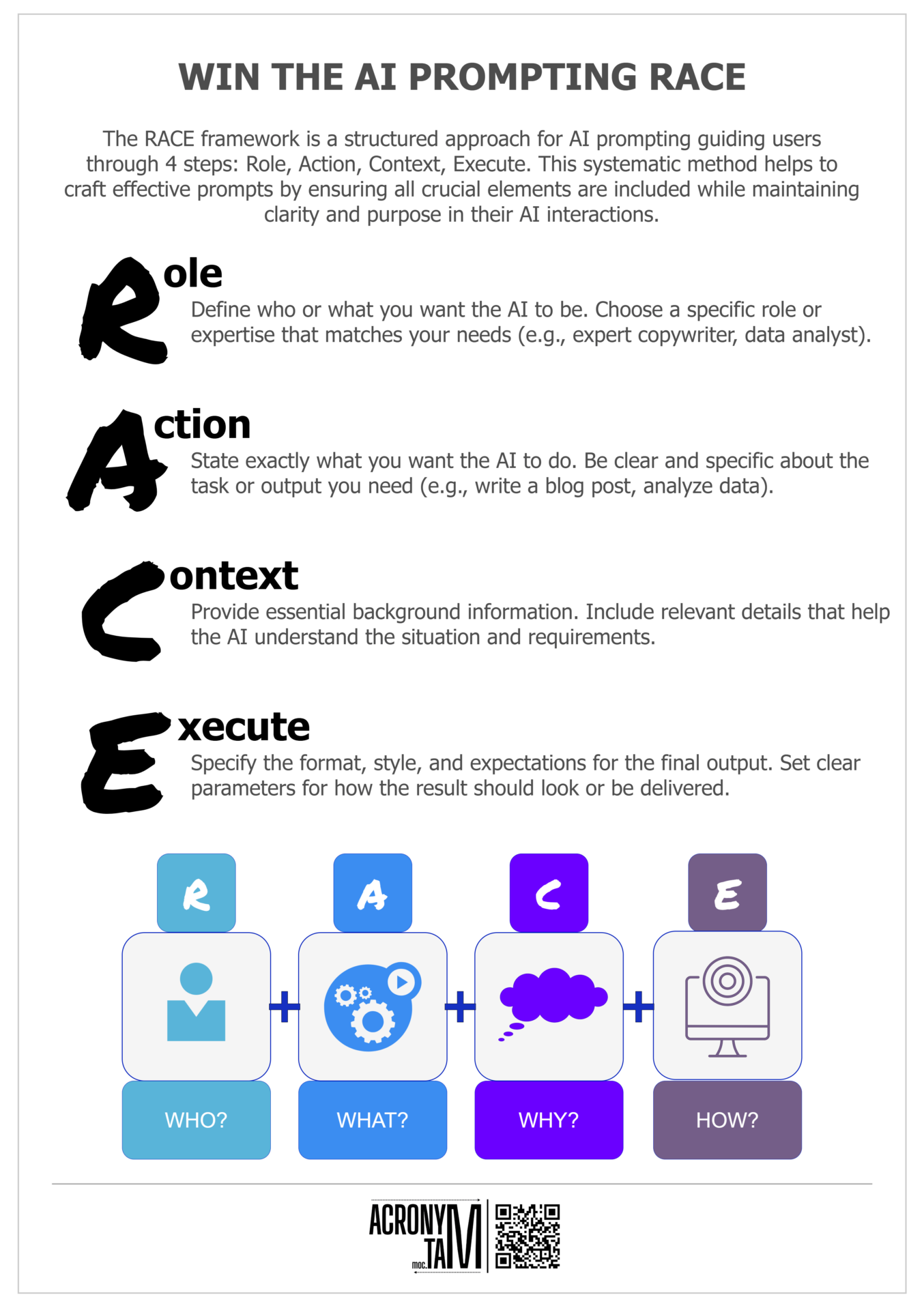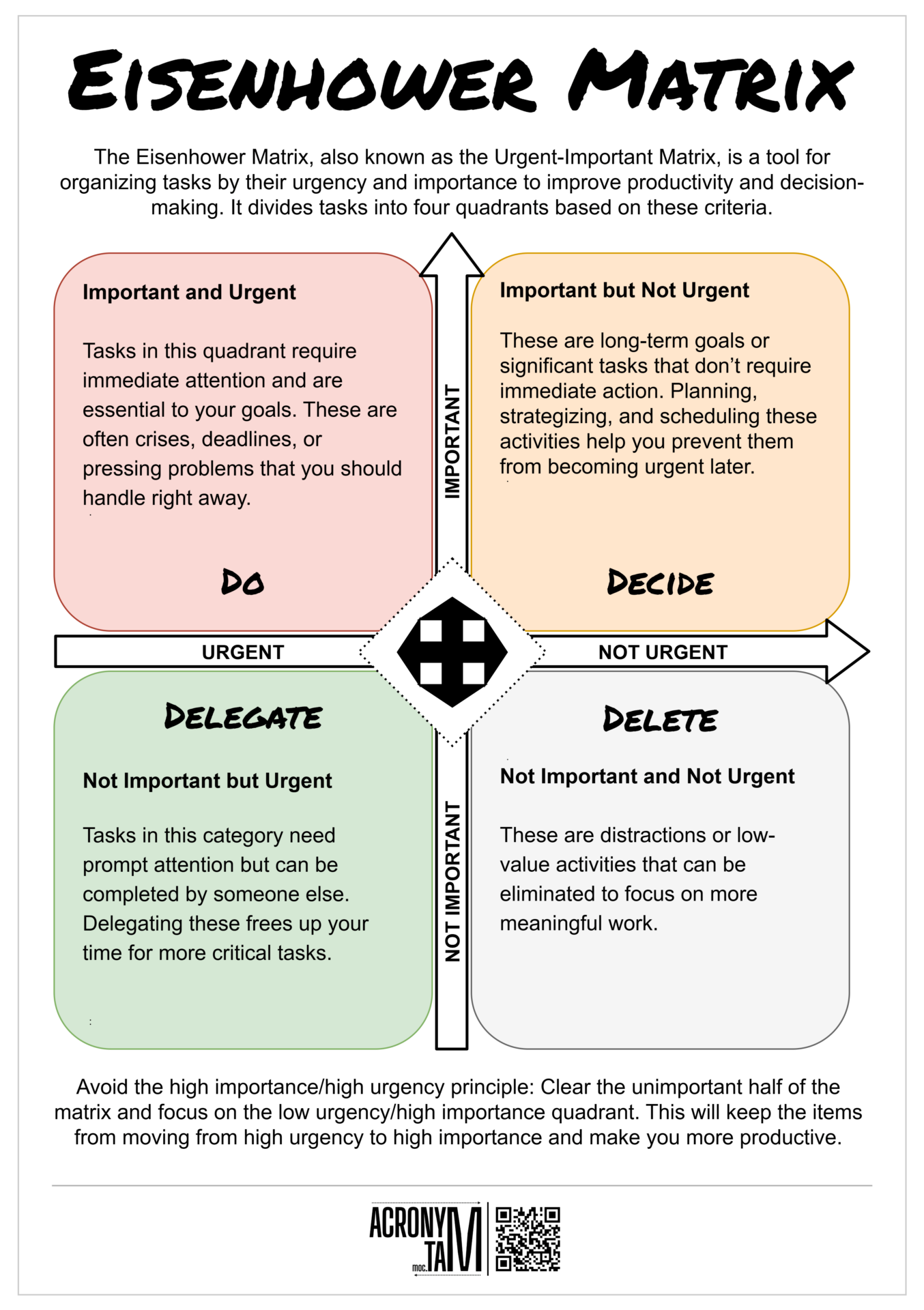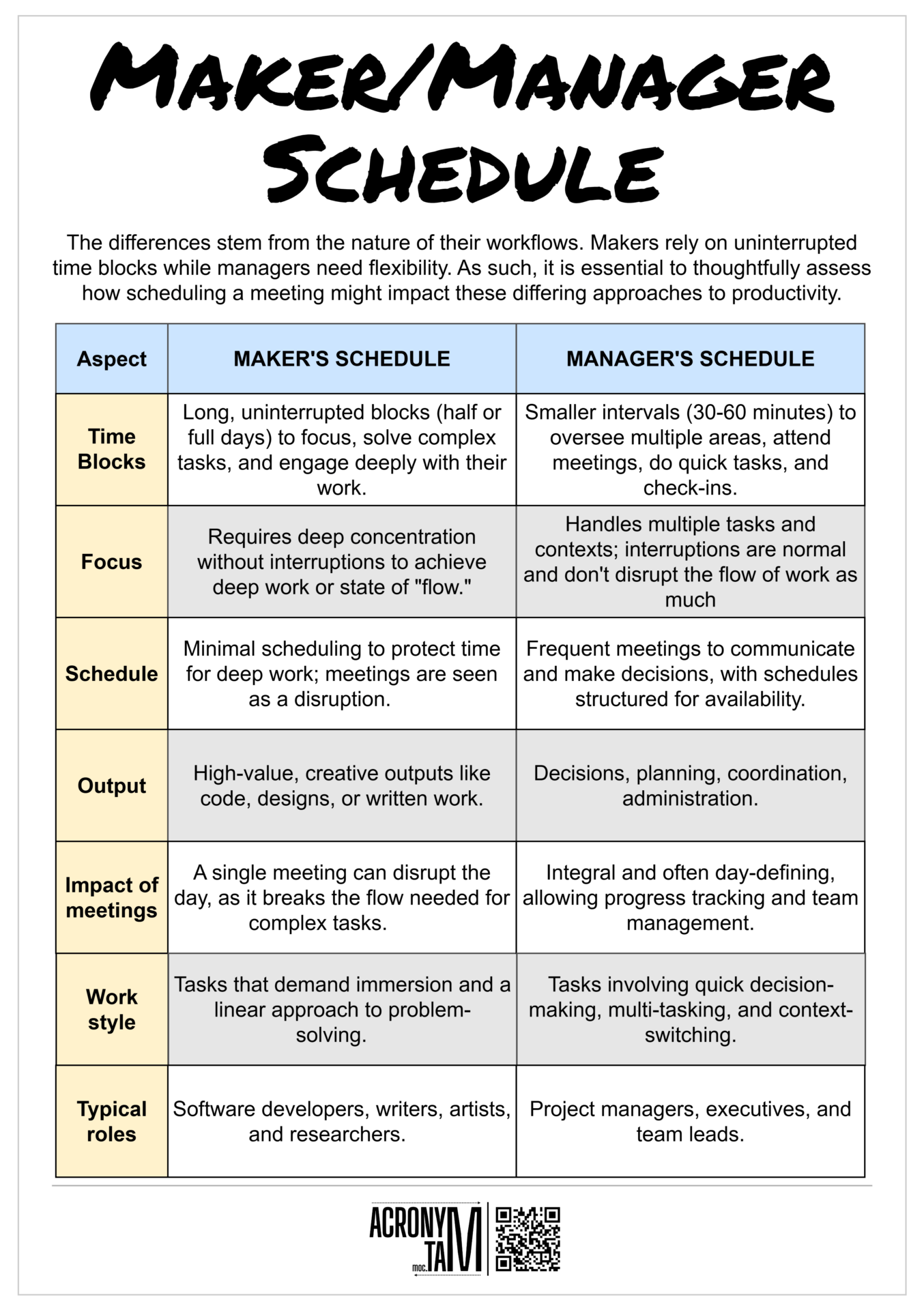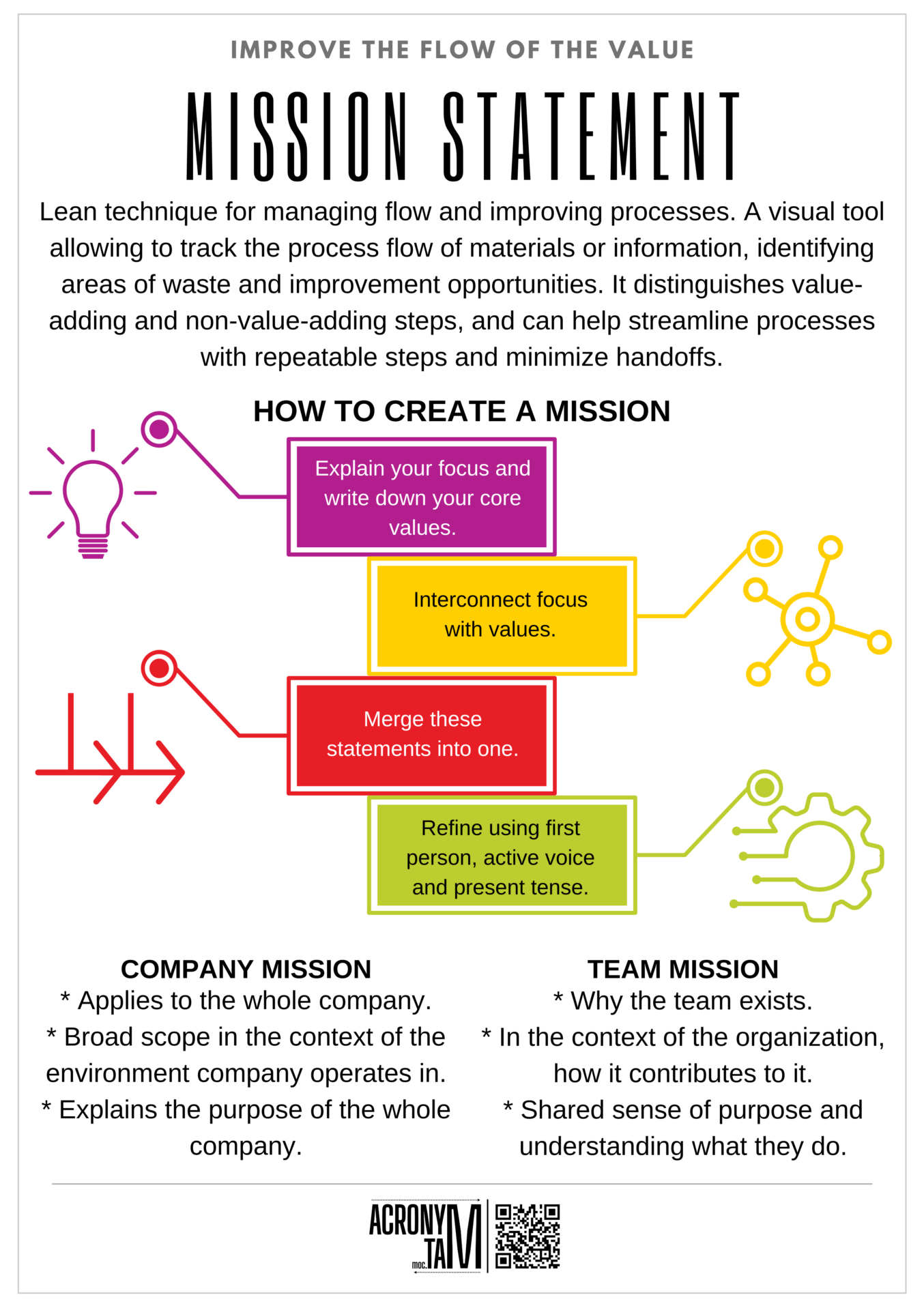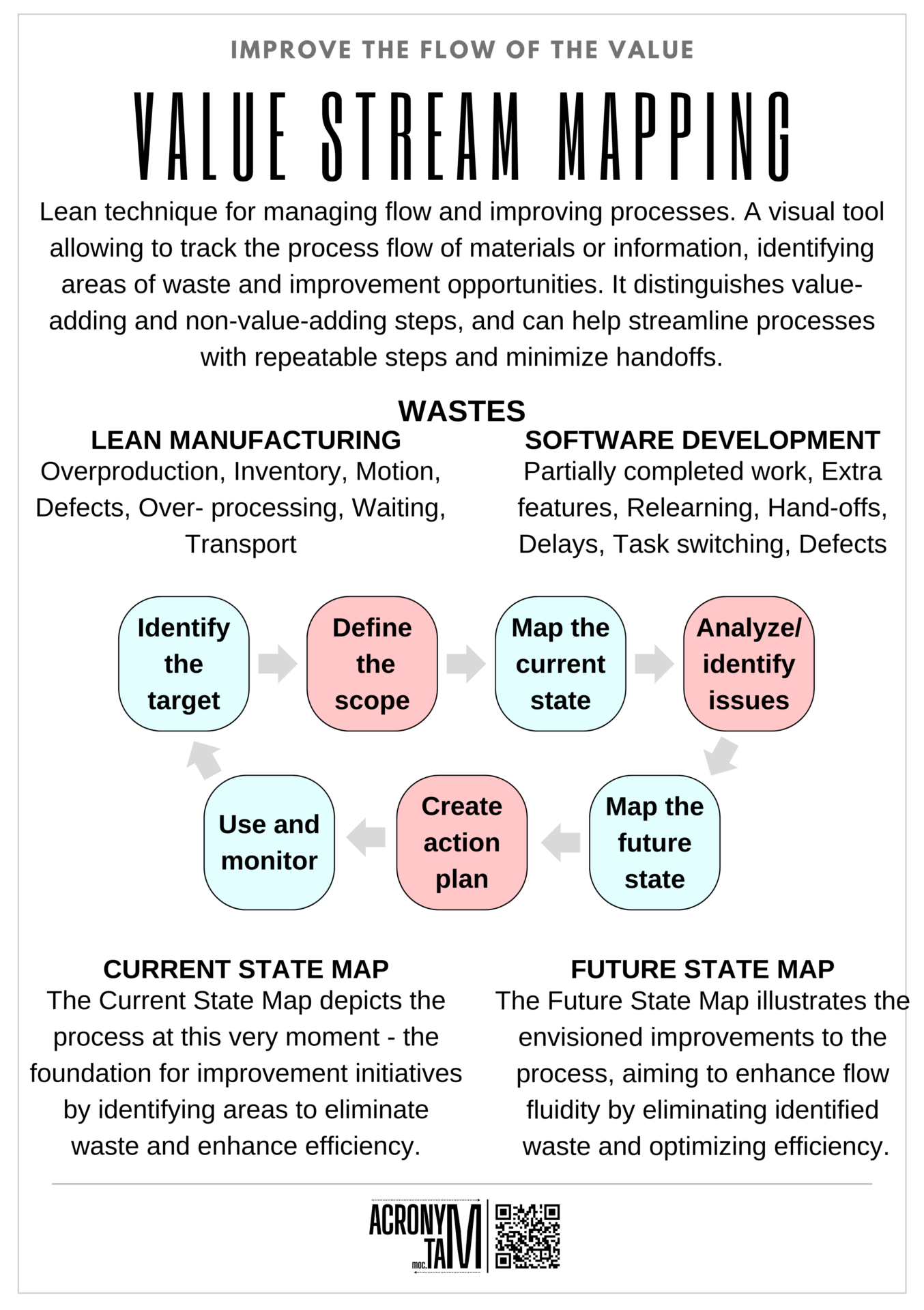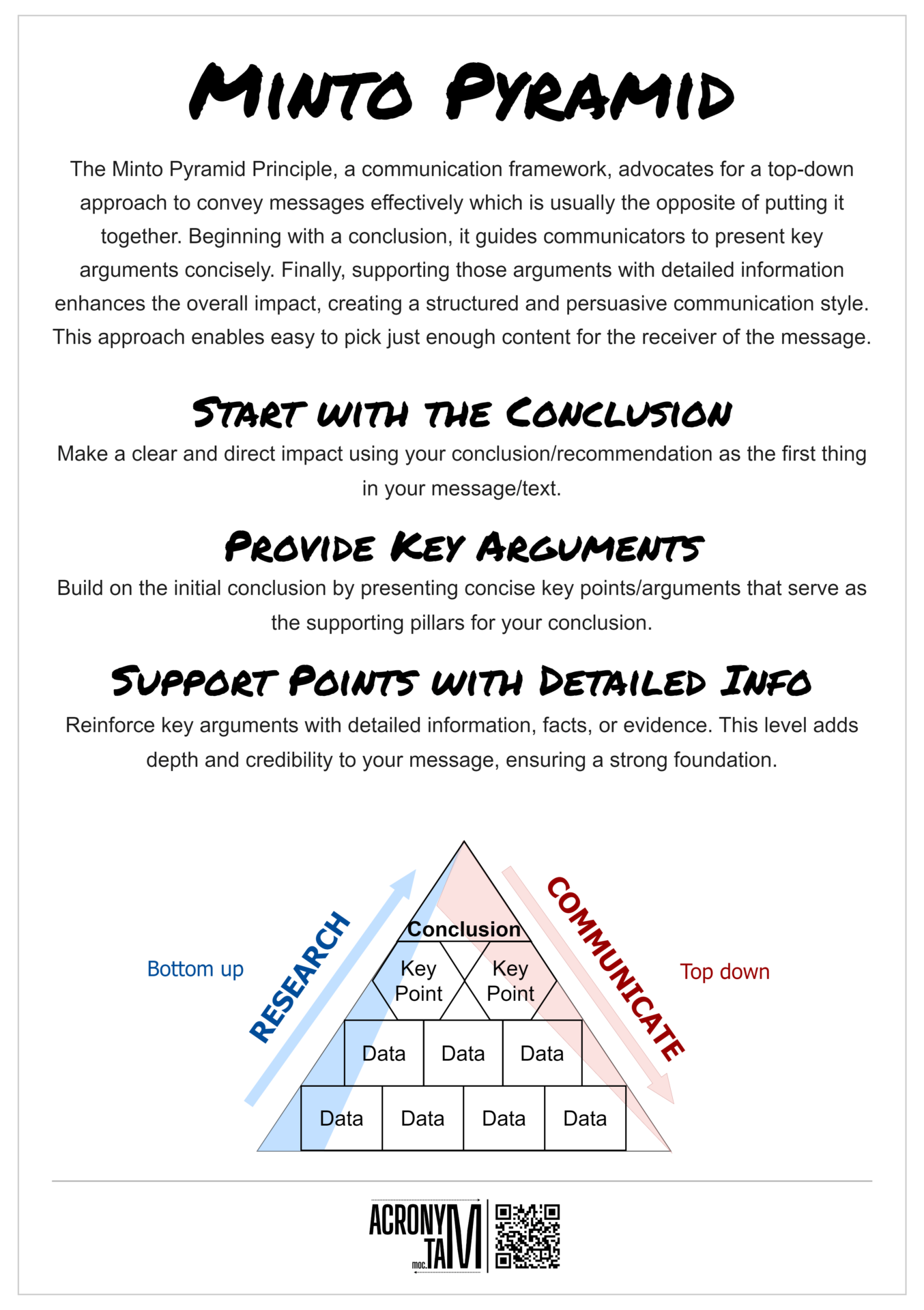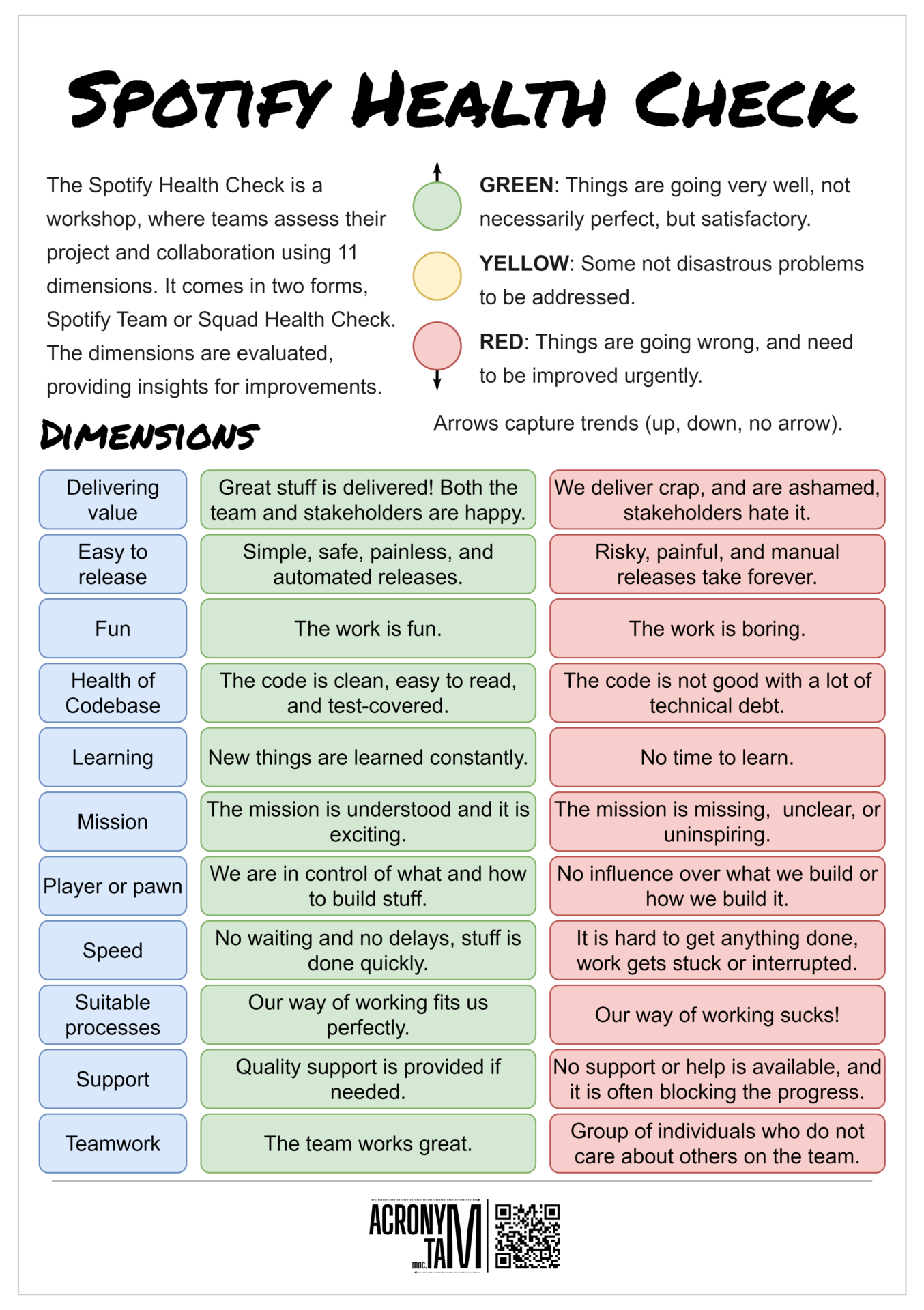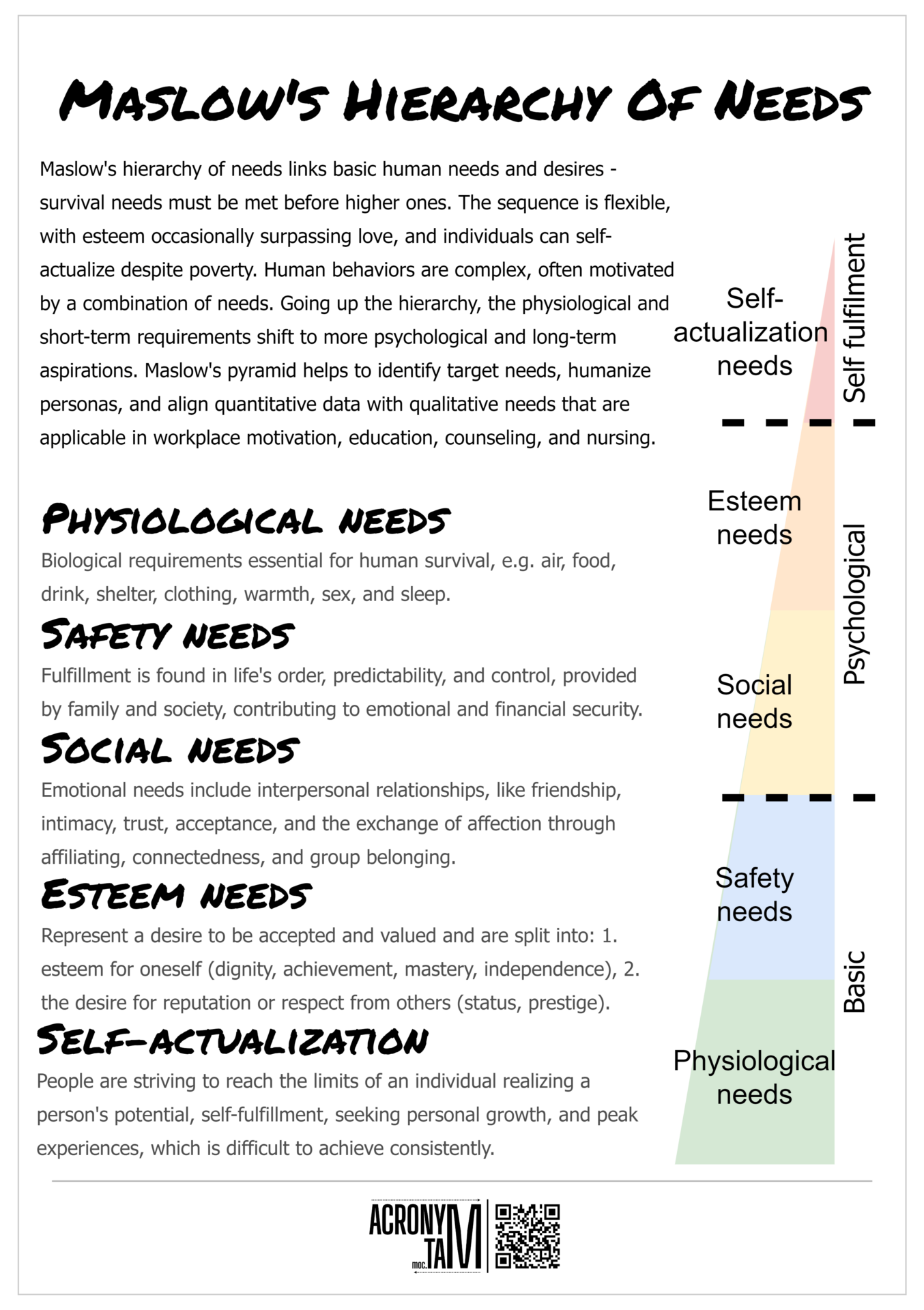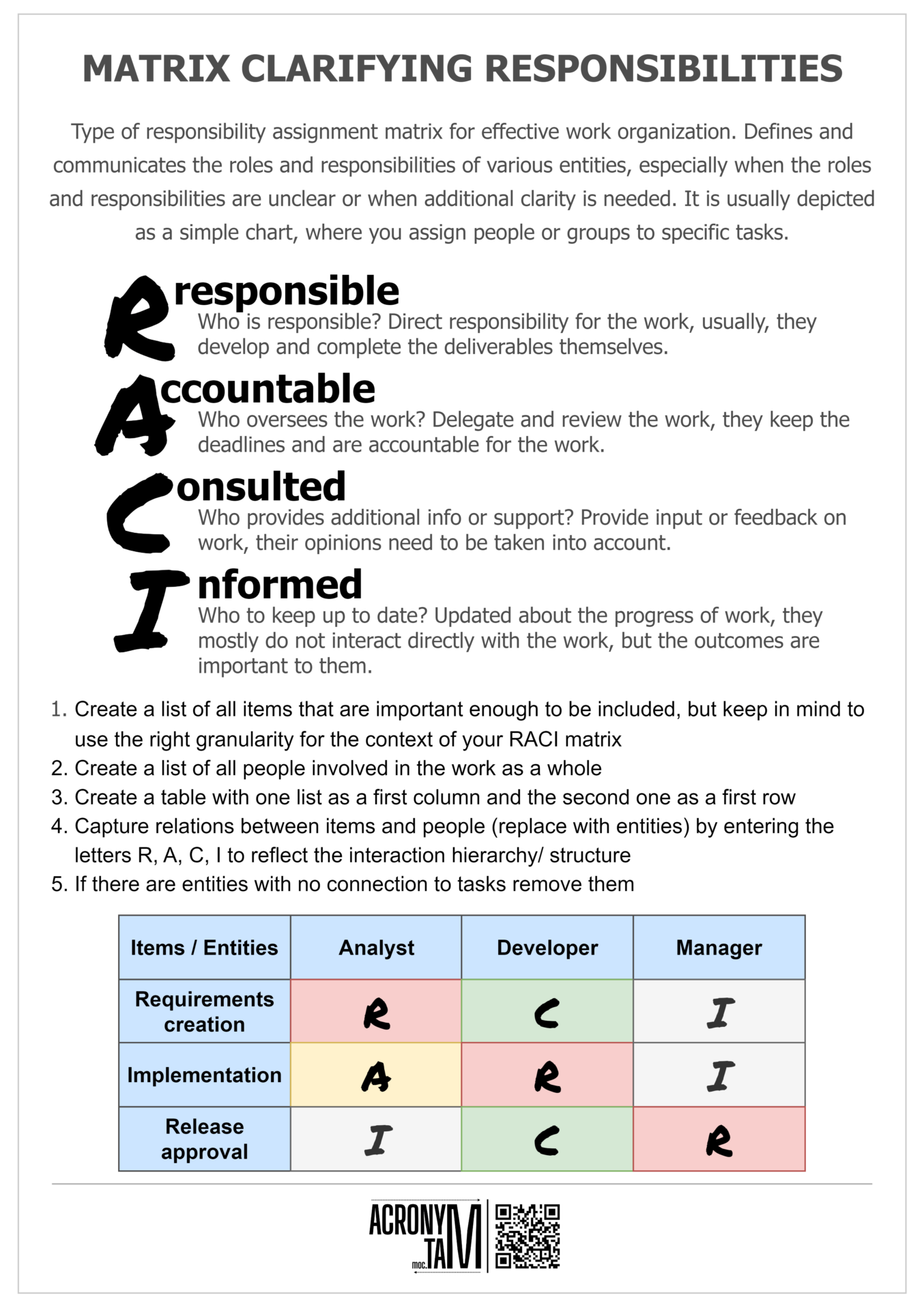Article
There are different strategies for managing conflicts, which are usually learned in childhood and are triggered automatically. Categorizing conflict styles enable learning and appropriate usage of these styles.
Owl
Collaboration – I win, you win
+ Both sides get what they want without negative feelings, resulting in mutual trust, positive relationships, and commitments.
– Time and energy-consuming.
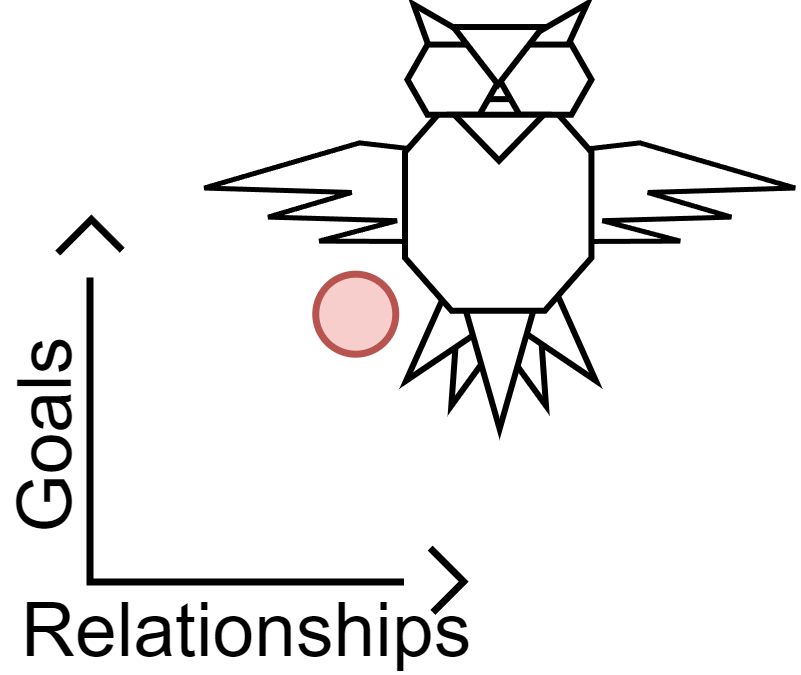
Shark
Competition – I take charge
+ Quick decisions without compromise which can be correct as well as incorrect = win or lose resolutions.
– The shark may seem hostile and arouse resentment.
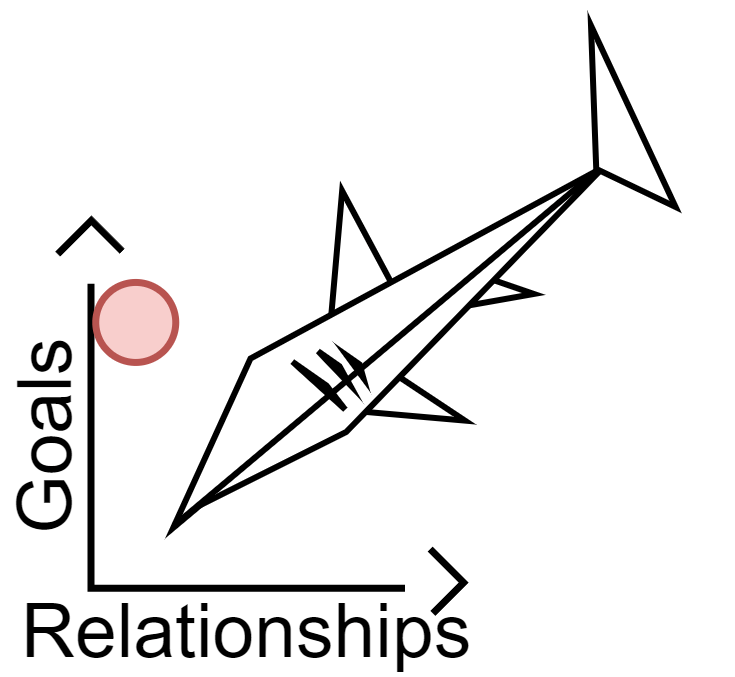
Fox
Compromise – I bend, you bend
+ Cares about relationships and goals when solving complex issues without simple solutions, where all parties are equal in power, 50/50.
– Compromise may create less than optimal outcomes resulting in game playing.
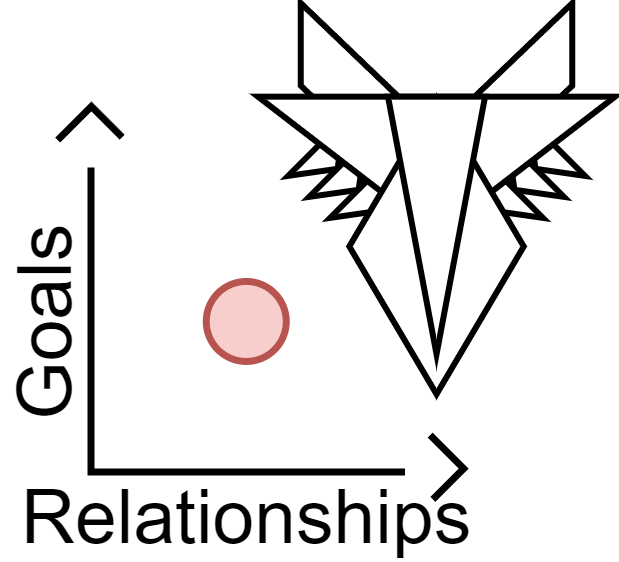
Turtle
Avoidance – I leave
+ Maintaining relationships by not escalating a conflict can result in late and difficult conflict resolution.
– Conflicts remain unaddressed and unresolved, overusing may result in being walked all over.
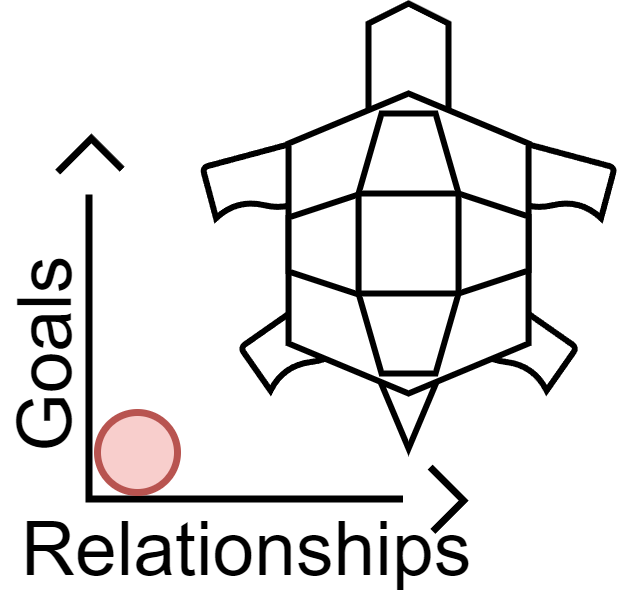
Teddybear
Accommodation – I give in
+ Accommodating when outmatched to maintain relationships, and minimize injury.
– May be taken advantage of, not be productive, breed resentment, and exploits the weak.
